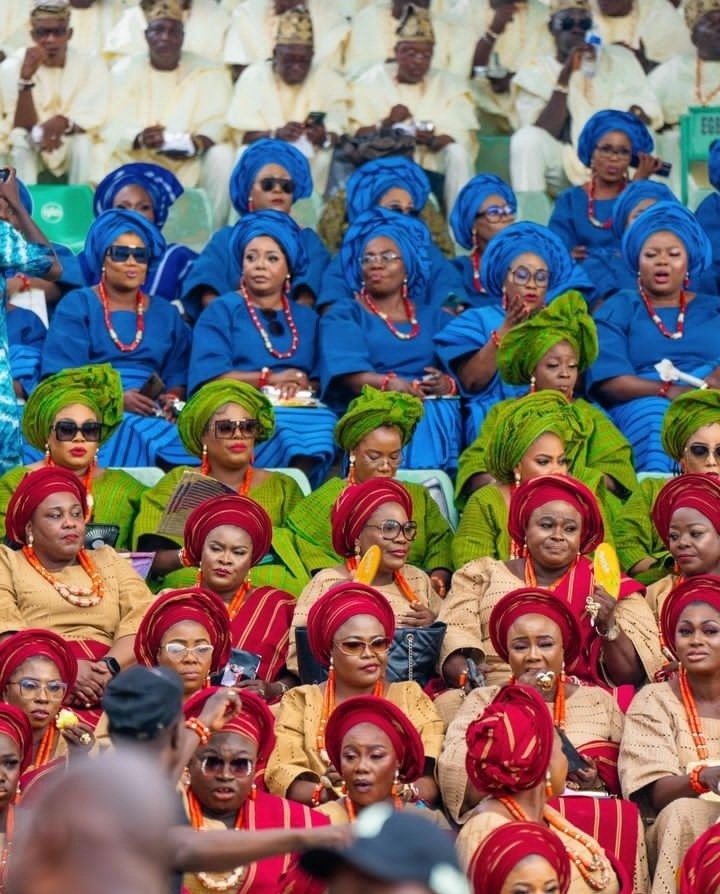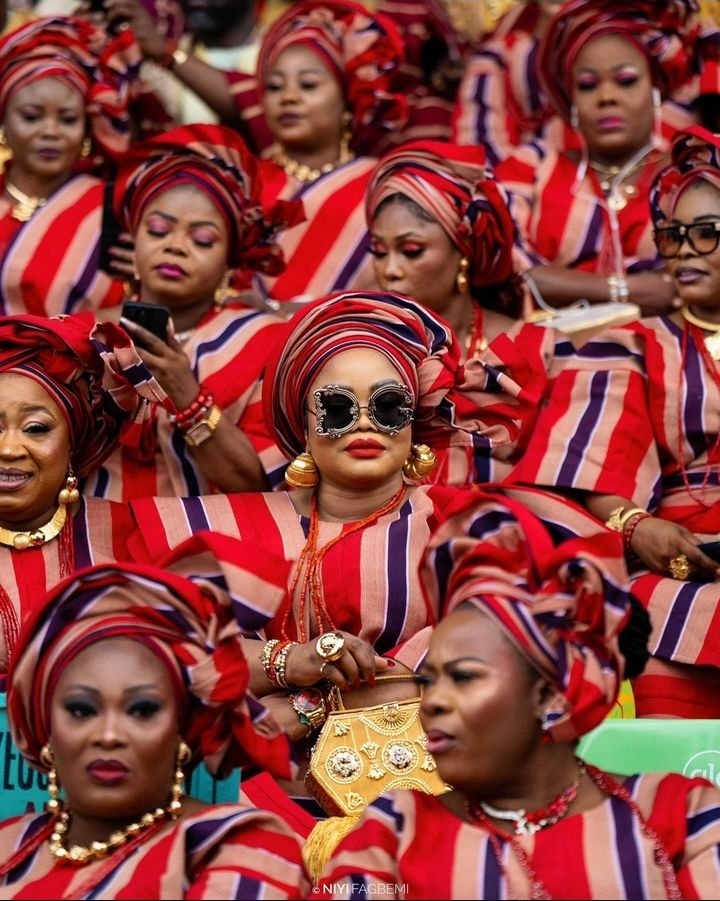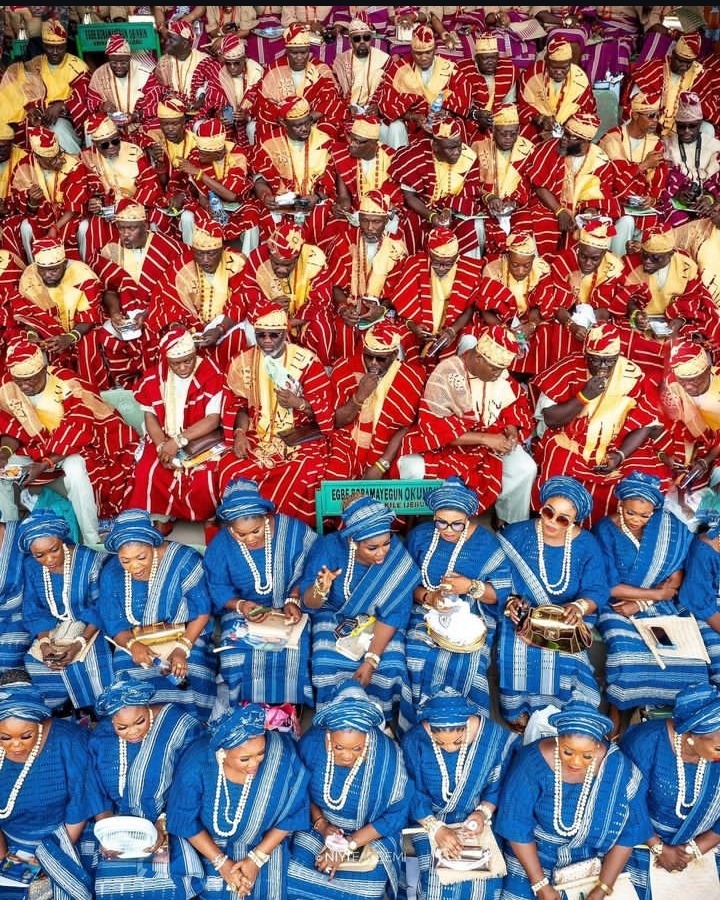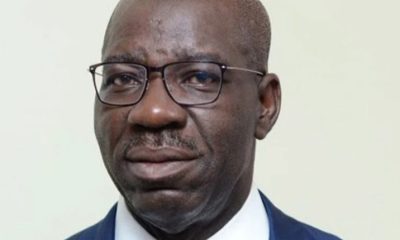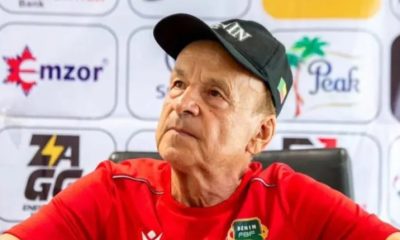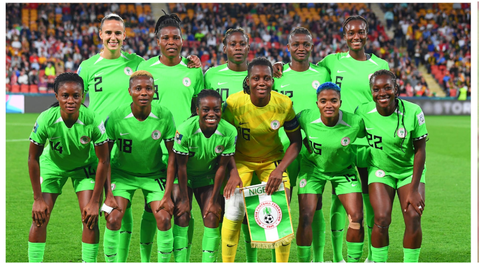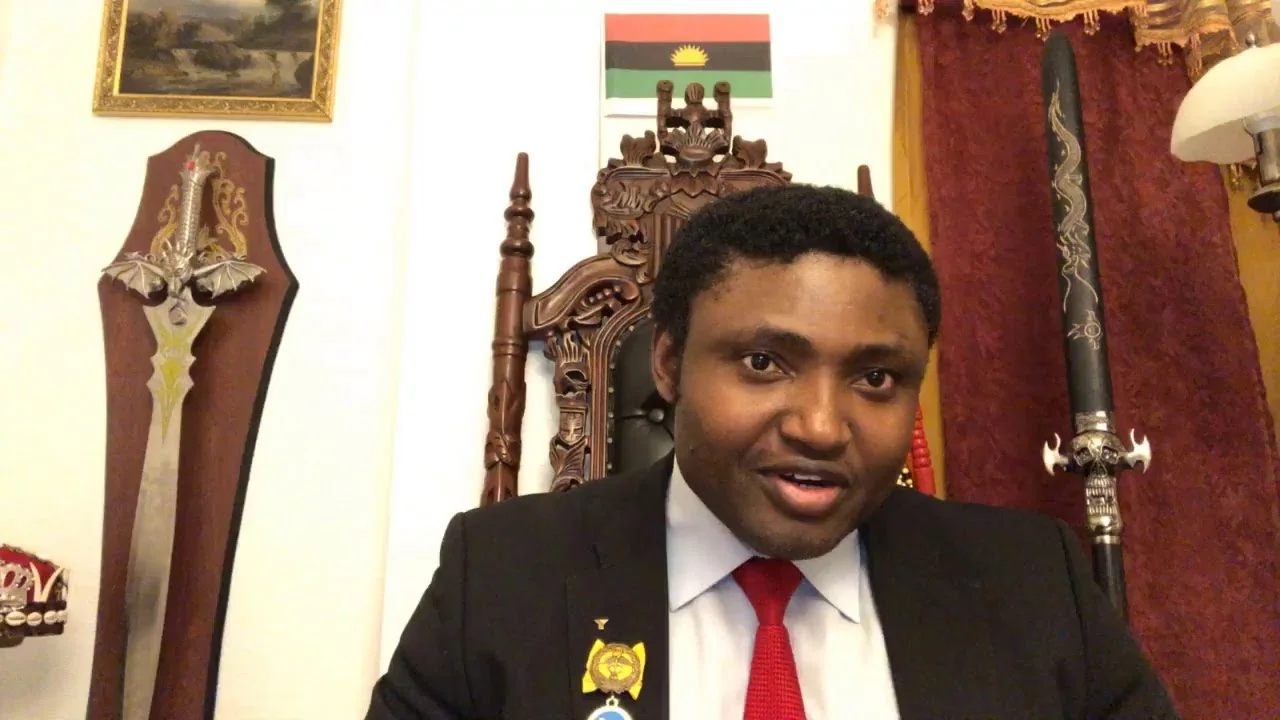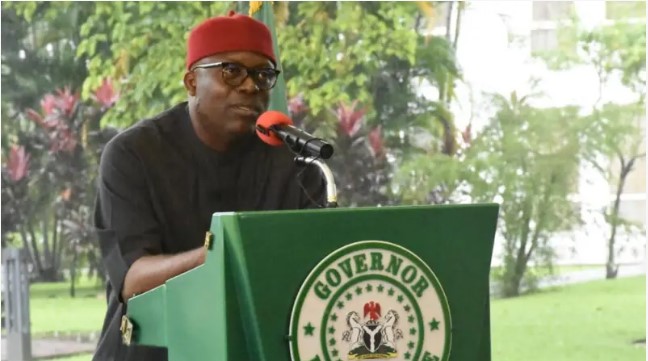News
Ojude Oba’s Aso-Oke Extravaganza: Where Culture Meets High Fashion
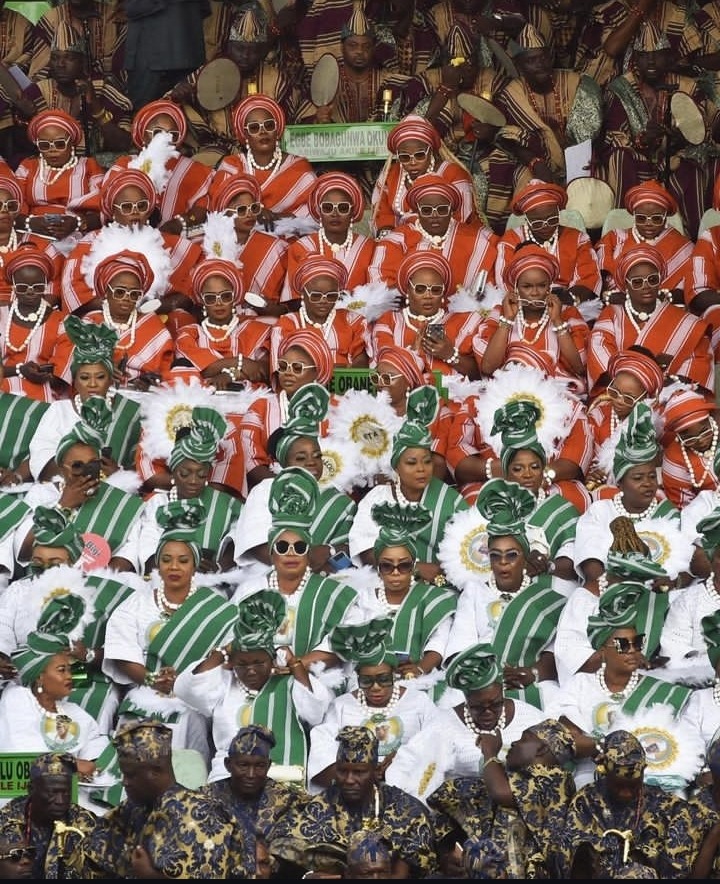
News
13th Women AFCON: Super Falcons to know group stage opponents on Friday
News
NFF holds match commissioners’ seminar in Asaba
News
Simon Ekpa to be extradited to Nigeria – Defence
News
HP Wolf Security Launches Advanced Physical Cyberattack Protection for Business Introducing HP Enterprise Security
News
Federal High Court Adjourns Labour Party’s Suit on Rivers Lawmakers’ Defection to January 2025
News
Efe Ajagba Poised to Challenge Daniel Dubois for IBF Heavyweight Title
-

 News16 hours ago
News16 hours agoEfe Ajagba Poised to Challenge Daniel Dubois for IBF Heavyweight Title
-
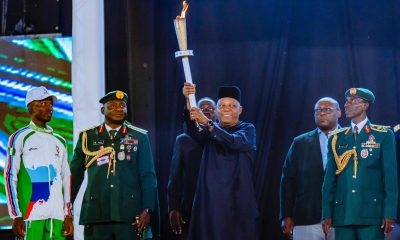
 Sports24 hours ago
Sports24 hours agoAMGA 2024: Tinubu charges military to address insecurity in Africa
-

 Education21 hours ago
Education21 hours agoWAEC bans 13 schools in Kogi for examination malpractices
-

 News20 hours ago
News20 hours agoEkpa, four others arrested in Finland for terrorism
-

 Metro21 hours ago
Metro21 hours agoJigawa tanker explosion claims 209 lives, injured 99 – Report
-
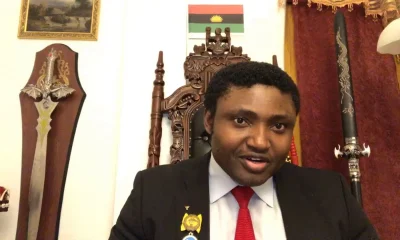
 News13 hours ago
News13 hours agoSimon Ekpa to be extradited to Nigeria – Defence
-
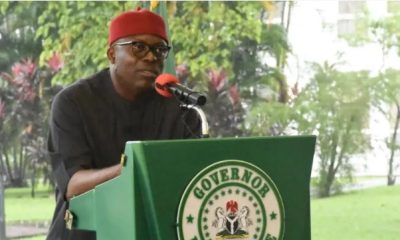
 News15 hours ago
News15 hours agoFederal High Court Adjourns Labour Party’s Suit on Rivers Lawmakers’ Defection to January 2025
-

 News15 hours ago
News15 hours agoHP Wolf Security Launches Advanced Physical Cyberattack Protection for Business Introducing HP Enterprise Security
-
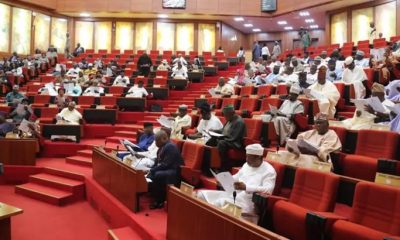
 National18 hours ago
National18 hours agoReps reject bill seeking six-year single tenure for president, governors
-

 Entertainment12 hours ago
Entertainment12 hours agoDavido Reflects on Life as He Turns 32: “My Eyes Don See Shege”

